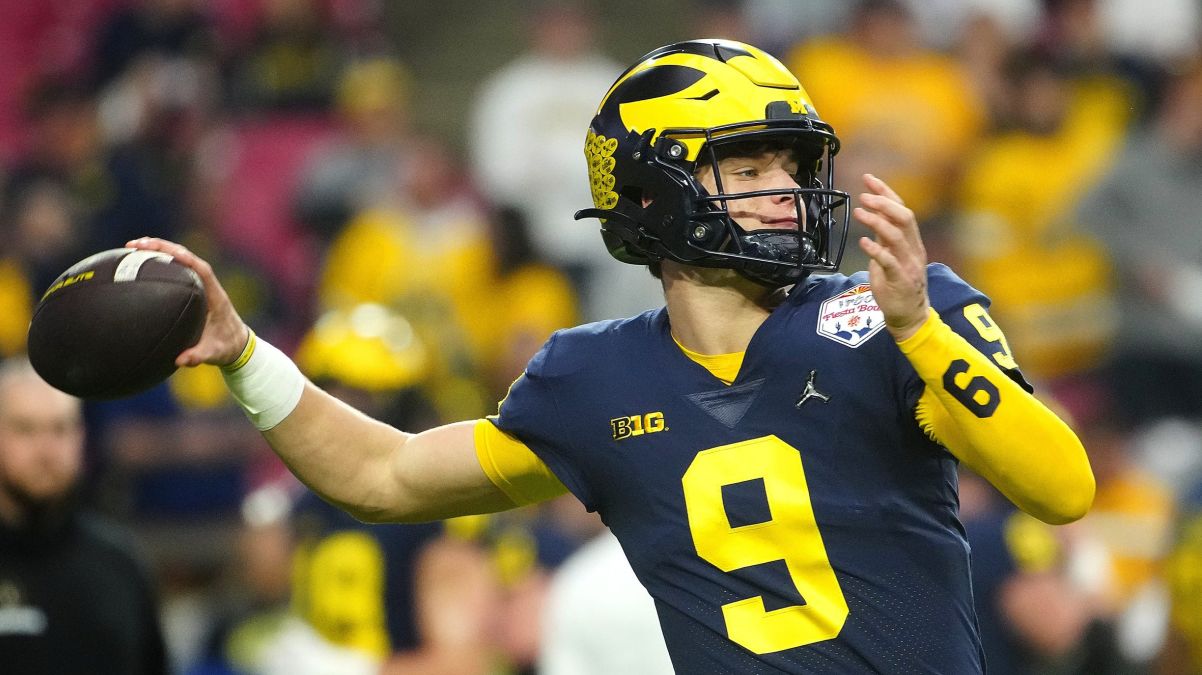Chicago-area zoos are pulling dozens of their birds from outdoor exhibits amid the spread of this year’s highly transmissible strain of the bird flu.
The Lincoln Park Zoo has “about” 100 birds placed in a “behind-the-scenes” location, out of public view, to protect its various species of birds that include flamingos, swans, ducks, penguins, and birds of prey.
Officials at Brookfield Zoo say dozens of their birds are also indoors and out of public view until further notice.
Dave Bernier, a curator at the Lincoln Park Zoo says this year’s avian influenza is hitting right in the middle of the migration season, making it extremely transmissible.
Feeling out of the loop? We'll catch you up on the Chicago news you need to know. Sign up for the weekly Chicago Catch-Up newsletter here.
"They scratch on the ground, they eat on the ground, they might pick up fomites which is infected material,” said Bernier. “[It] could be infected feces; they eat that, and they get exposed to the disease.”
Workers at both zoos are now suiting up with personal protective equipment (PPE).
“We use footbaths and different footwear in some places. We’re wearing masks when we’re interacting with our birds closely,” said Bernier. “If we have to have contact with our birds for any reason, we’ll wear gloves and masks.”
Local
Mark Ernst, the state’s top veterinarian, says the Illinois Dept. of Agriculture has only learned of two backyard flocks that have tested positive for the bird flu in early March. The flocks were in Carroll and McClean counties.
That’s also when the Illinois Department of Natural Resources confirmed positive tests on three wild geese in Will County.
While it’s possible that more birds are carrying the virus, Illinois doesn’t have a major poultry market like in neighboring states. Still, one case can be detrimental if it isn’t tracked or reported.
“Those flocks have to be depopulated once they’re infected. Of course, any of the product and eggs and such that would be at the facility would also have to be destroyed at that point in time. Then there’s a period of time where the facility has to be cleaned and disinfected,” said Ernst.
The result has been observed in grocery stores where egg prices are up by 44%, according to this week’s data by the USDA.
Experts say we’ll have to wait for the migration season to finish to see the threat diminish. The last major U.S. bird flu outbreak was in 2015. Ernst says Illinois was spared from severe effects of that outbreak, too.
For now, the CDC says the bird flu poses a low risk to humans.



